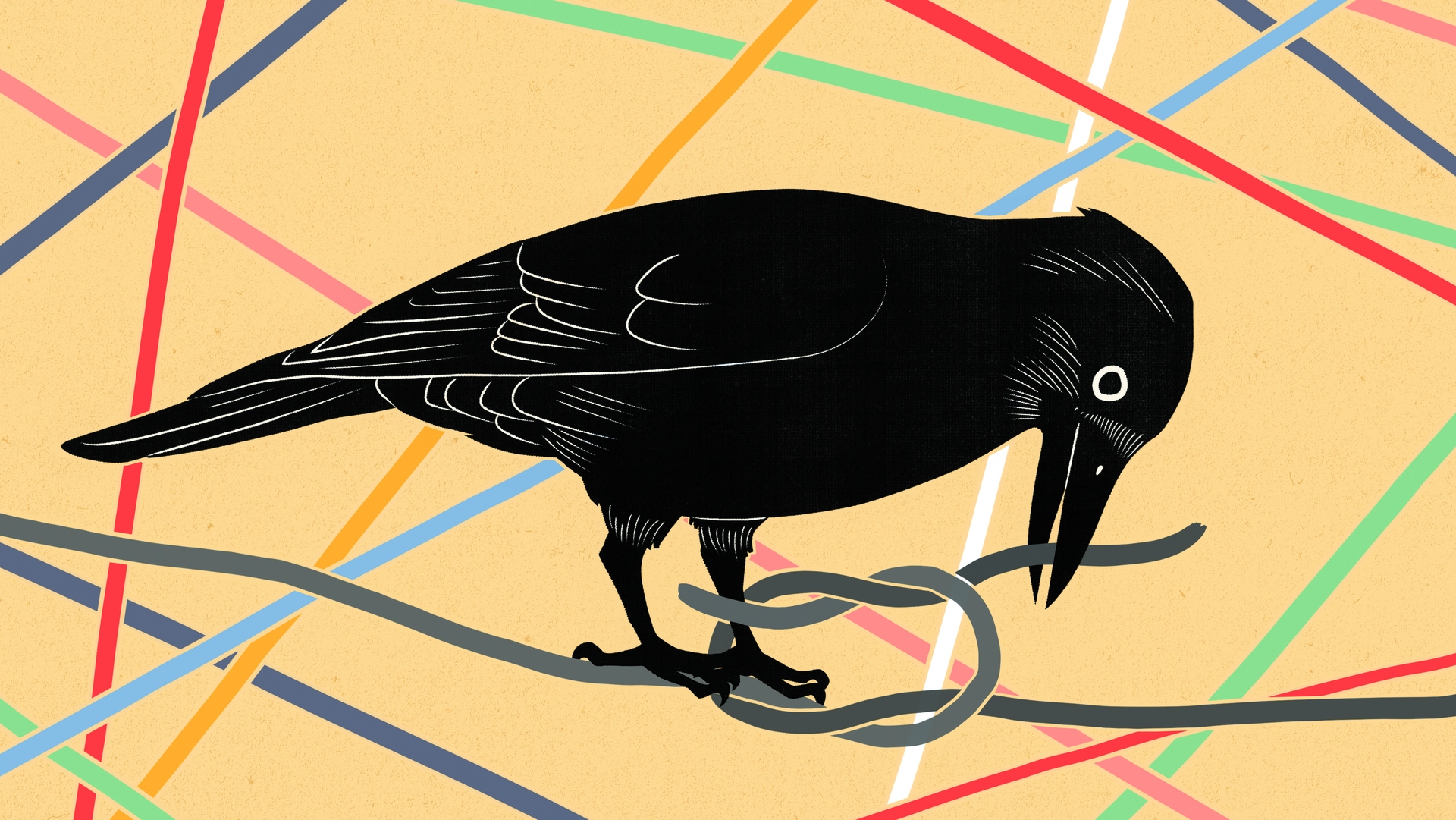The British love garden birds and we do everything we can to provide our feathered friends with tasty and nutritious treats to help them survive the harsh winter months. However, most birds do not have the luxury of human benefactors and have to survive by their own wits, finding food when there’s little around or outcompeting others to steal their stash.
Although birds are usually not considered the smartest of animals – which is why we use the term ‘bird brain’ for someone of little aptitude – their survival skills should be a testament to their intellectual prowess. Some birds have to survive months of an extreme cold climate. Clark’s nutcrackers, for example, use their exceptional spatial memory to find tens of thousands of seeds they stored up to nine months ago, in different places across a wide area, often covered in deep snow that wasn’t there when the seeds were hidden. As these seeds may be their only source of food throughout the long winter, finding them successfully could be the difference between life and death.
Some birds make and use complex tools to help them get enough food to eat. New Caledonian crows make different types of hook tools from leaves, sticks or grasses to probe inside rotting logs for juicy grubs that aren’t in reach of their beaks alone. Other birds not only hide food but use sophisticated social strategies to protect themselves from potential thieves. For example, ravens and jays understand where another bird
is looking or what it has seen, and use this information to outwit competitors trying to steal their food. Many birds can perform intellectual feats not experienced in the wild, such as problem solving, counting, recognising themselves in a mirror or even speaking human languages.
The smartest British birds are the corvids (crow family), such as rooks, magpies and jays. Rooks may be the smartest – they have even been able to bend wire into hooks to retrieve food through a tube from an out-of-reach bucket the first time they were presented with this problem. Despite having walnut-sized brains, crows have been called ‘feathered apes’ and, along with parrots, should be considered the intellectual equals of chimpanzees and dolphins.
Although birds have a rad-ically different brain structure to mammals, their intelligence may be the result of packing twice as many neurons into their much smaller brains. This may have given them the edge. So, the next time you spy a bird in your garden, show a little more respect to these ‘feathered apes’.
Bird Brain: An Exploration of Avian Intelligence by Dr Nathan Emery is out now






